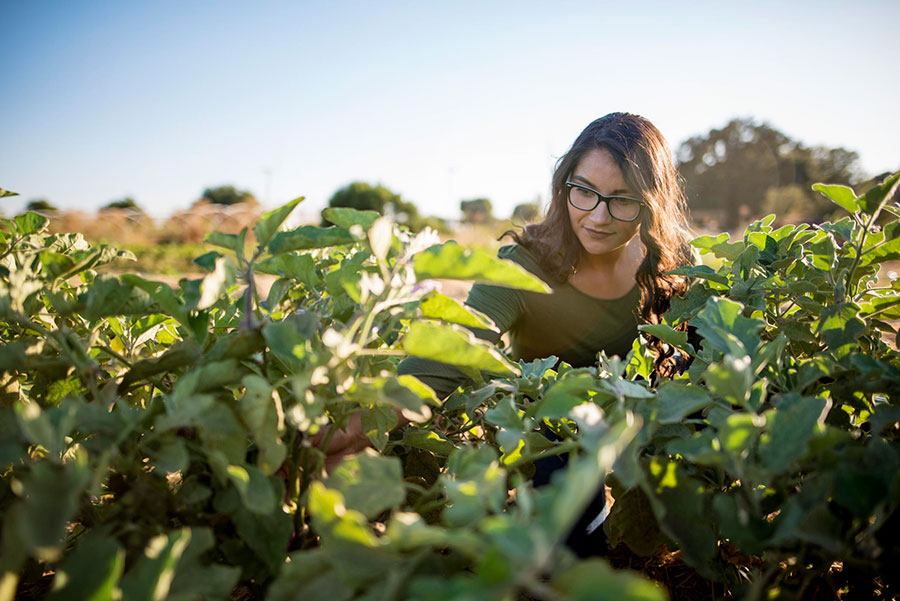Agricultural Education (MS) - Online
Application Deadlines
- Fall: July 1
- Spring: No spring admission
Requirements
Statement of purpose.
Program Coordinator
Mollie Aschenbrener
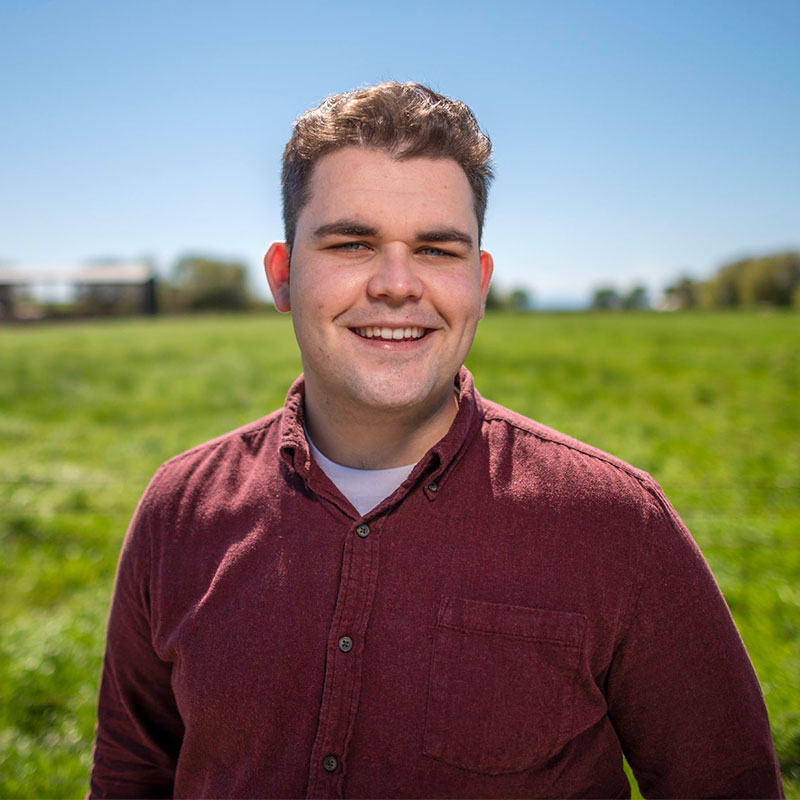
Is the MS in agricultural education for you?
Do any of the following describe you?
- Have a desire for additional skills designed for the agricultural education
classroom. - Interested in theoretical knowledge coupled with practical
experience. - Looking for a convenient way to further your education without the
challenges of traveling to a traditional graduate program.
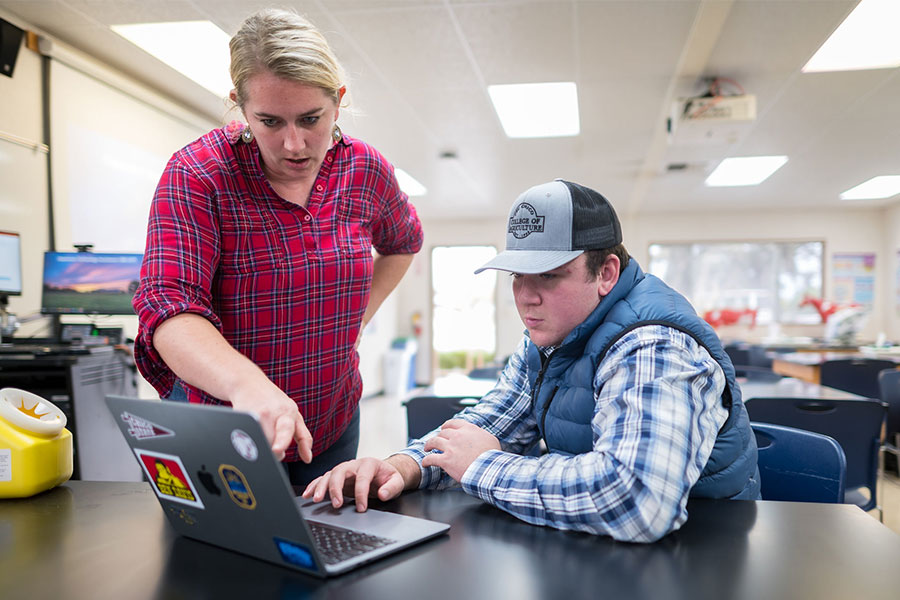
Do these jobs sound interesting to you?
Our alumni are:
- Instructors at colleges
- Teachers in middle/high schools
- Curriculum development specialists
Other possibilities are:
- Agri-business consultant
- Agricultural manager
- Agricultural insurance agents
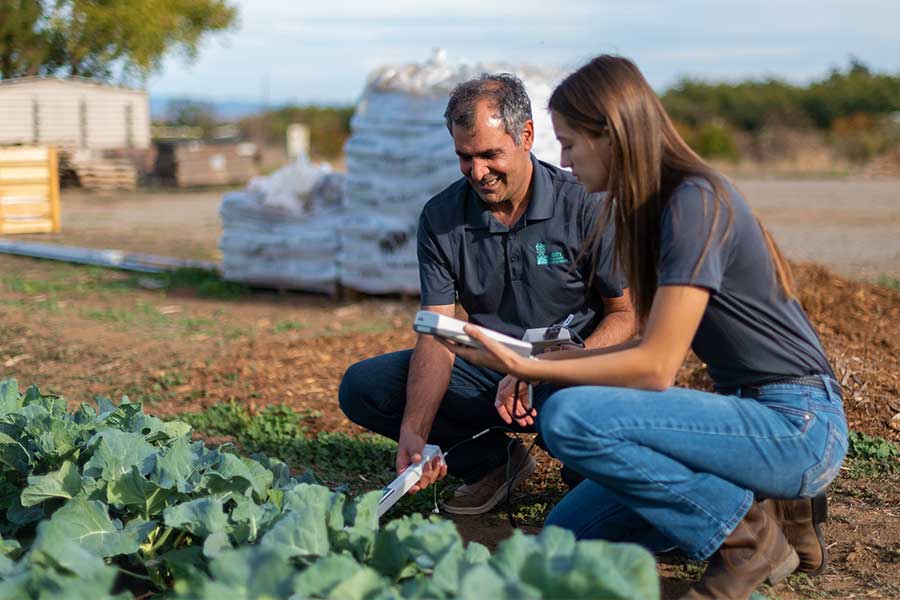
Is this the kind of salary you are seeking?
Data from the U.S. Bureau of Labor Statistics, shows the following outlook for Agricultural and Food Scientists(opens in new window):
Median Pay
$74,160 per year
$35.66 per hour
Job Outlook
8% (Faster than average)
Environment
Agricultural and food scientists work in laboratories, in offices, and in the field. Most agricultural and food scientists work full-time.
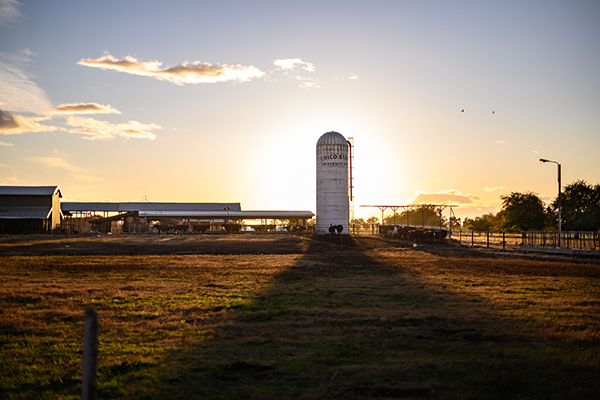
What if my bachelor’s isn’t in ag education?
Applicants must hold a degree in agriculture, food, or natural resources. However, the program is targeted to meet the needs of secondary agricultural education teachers wishing to go beyond the credentialing process.
Many professional careers in agriculture include non-formal teaching environments, so graduates outside the secondary classroom have shared the value of this degree. The MS in agricultural education does not provide or substitute for the teaching credential process.
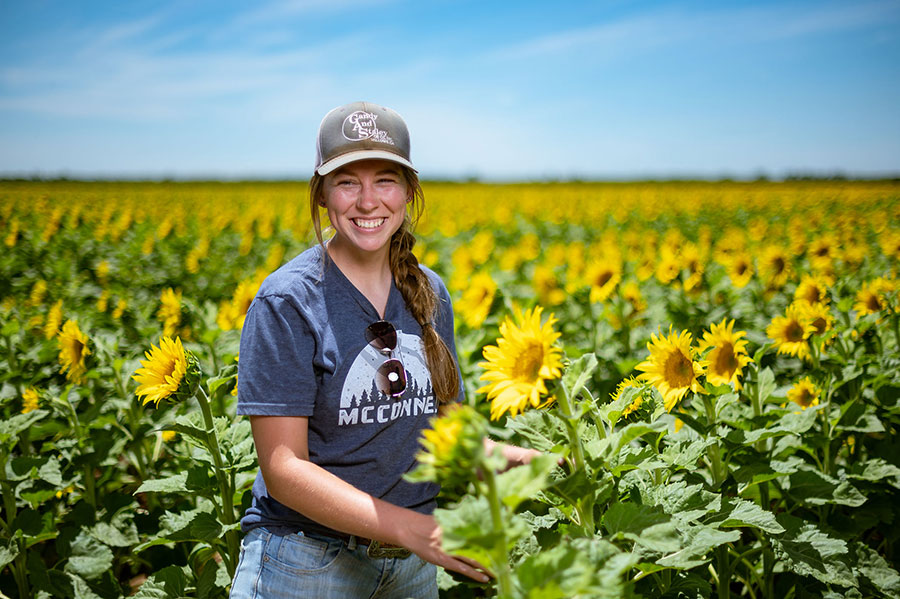
How long will it take?
- The MS in agricultural education is a 30-unit online program.
- While the time to completion may vary depending on units transferred toward the degree requirements and the number of courses in which students enroll each semester, most students complete in two years.
What is it like to be an ag education master’s student?
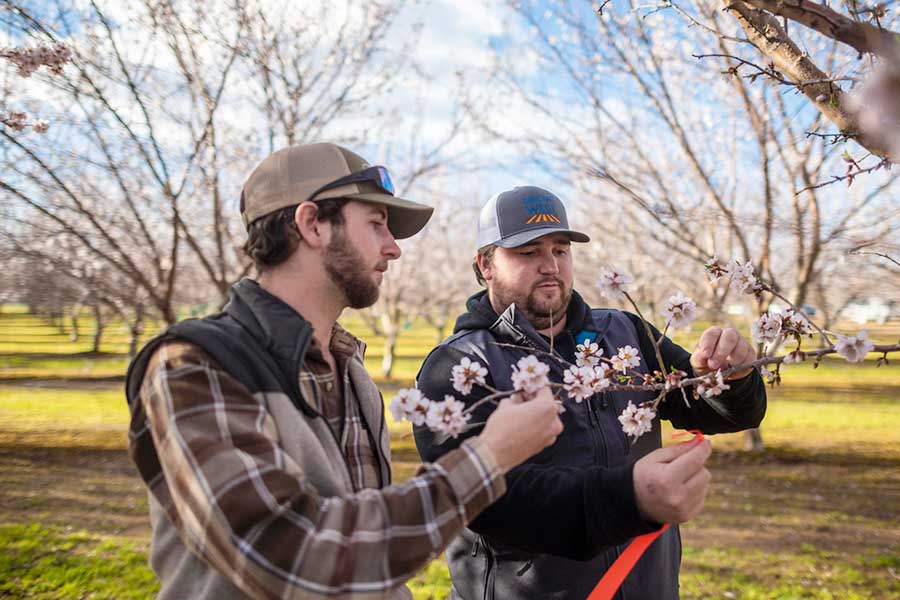
Create Agriculture Curriculum
- Create relevant, challenging, and integrative agricultural curriculum.
- Develop and apply knowledge of philosophical and historical foundations of agricultural education.
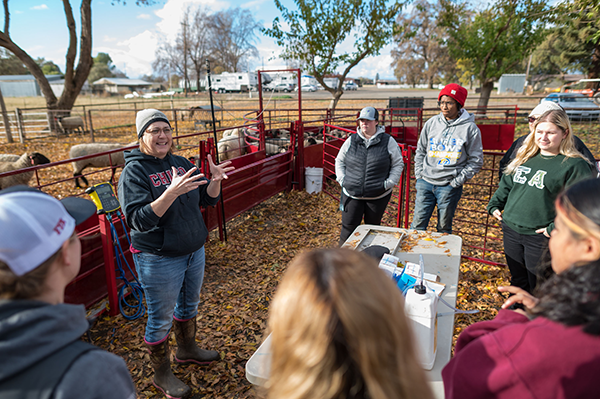
Learn Teaching Techniques
- Learn effective teaching and learning strategies which enhance problem solving, inquiry, communication, and collaboration skills.
- Receive guidance in developing, administering, and analyzing performance assessment techniques to monitor and evaluate student learning.
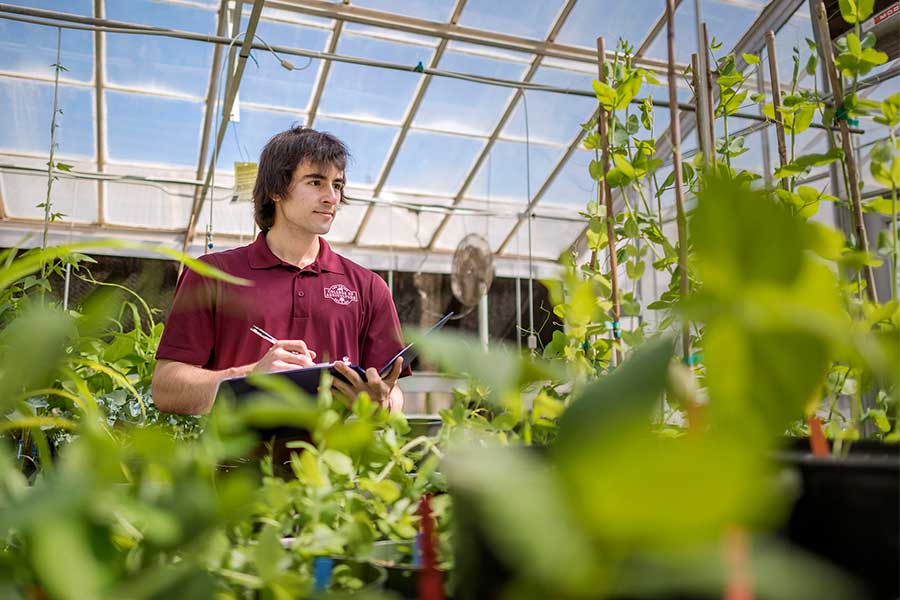
Collect, Analyze and Share Ag Data
- Collect, analyze, and share data related to agriculture as informed consumers and producers of educational research.
- Apply knowledge of diverse learners to create optimal learning environments.
- Work closely with dedicated faculty advisors.
Here's What Our Students are Doing
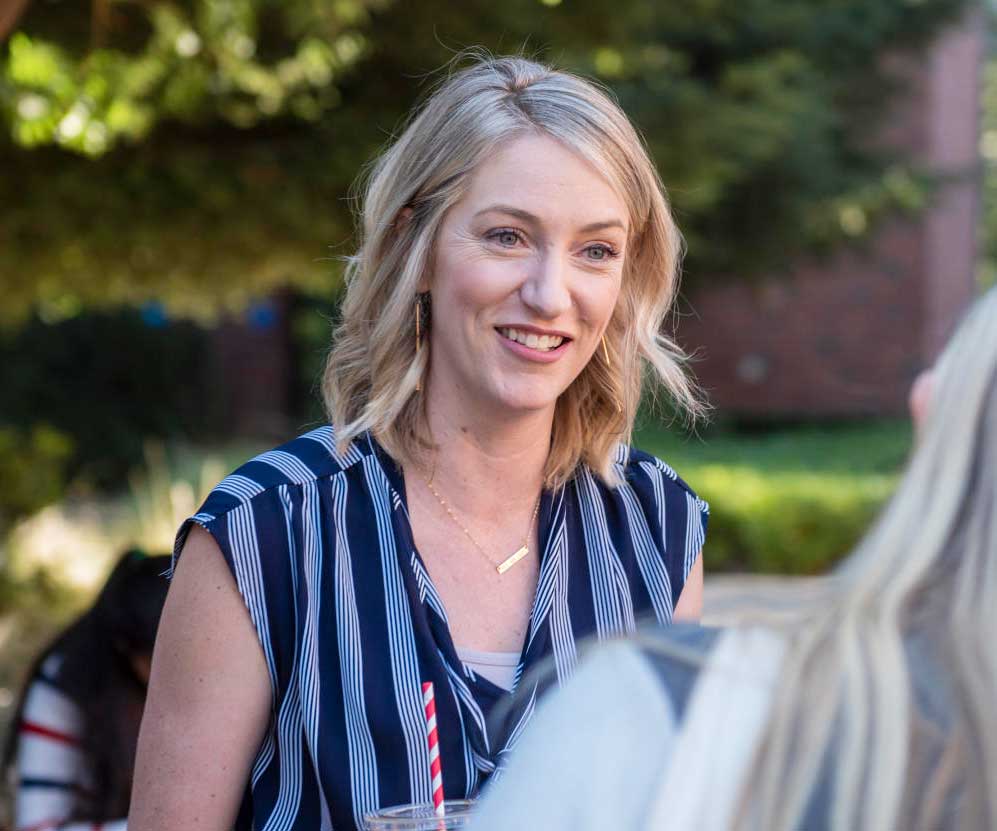
Examining Perceptions of Agricultural Sustainability
Alumna Audrey Denney’s outstanding agricultural education master’s thesis examined the perceptions of agricultural sustainability among California secondary agricultural teachers. Denny went on to teach as well as coordinate recruiting for the College of Agriculture here at Chico State and has worked with youth on agriculture projects in El Salvador and spent a year in Ghana doing agricultural education in West Africa.
Audrey also worked as a senior learning designer at Vivayic, an educational consulting company, where she designed learning strategy and curriculum for organizations such as the American Farm Bureau Foundation for Agriculture, National Cattleman’s Beef Association, and the World Bank.
Agriculture Alum Cooks Up A Following With Plant-based Passion
In October, Castrejón (Agriculture, ’18) published his first cookbook, Provecho: 100 Vegan Mexican Recipes to Celebrate Culture and Community(opens in new window), and it was immediately devoured—landing on “Top Cookbook” lists across the country.
He’s been profiled in the Boston Globe, Smithsonian Magazine, and the San Francisco Chronicle, and was recently interviewed by Food & Wine Magazine and Bon Appetite.

